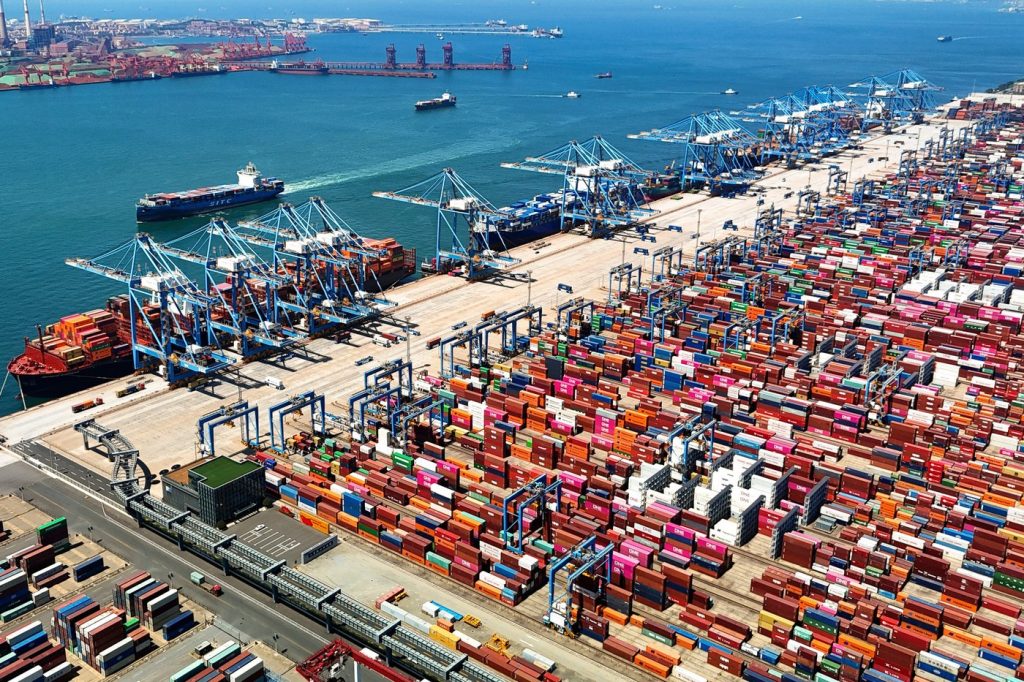China has indicated a firm stance against threats of a 100% tariff from U.S. President Donald Trump, advocating instead for negotiations to resolve trade disputes. In a statement from the Commerce Ministry, it was made clear that China does not desire a tariff war but is not intimidated by the prospect of one. This response came shortly after Trump threatened to escalate tariffs on Chinese imports by November 1, following newly imposed restrictions from China on the export of rare earth elements, essential components used in various consumer and military products.
The ongoing tit-for-tat trade feud poses a risk of derailing a potential meeting between Trump and Chinese leader Xi Jinping and could terminate a temporary ceasefire in an earlier tariff conflict that saw tariffs exceeding 100% on both sides in April. Over the past year, Trump has implemented increased tariffs on imports from several U.S. trading partners, seeking concessions in exchange for lowering tariffs. However, China remains resolute, leveraging its economic strength without retreating.
The Chinese Commerce Ministry emphasized that relying on high tariffs as a negotiation tactic is not the proper way to engage with China and reiterated the importance of dialogue in addressing trade concerns. The statement contained a warning that if the U.S. continues its current practices, China would retaliate to defend its legitimate rights and interests.
Trump has accused China of becoming increasingly hostile, asserting that it is holding the world hostage by restricting access to rare earth metals and magnets. New regulations introduced by China necessitate that foreign companies secure special approval to export items containing even trace amounts of Chinese-sourced rare earth elements. These minerals are crucial for a wide array of products, including jet engines, radar systems, electric vehicles, and consumer electronics such as smartphones and laptops.
China plays a vital role in the rare earths market, accounting for nearly 70% of global rare earth mining and controlling about 90% of worldwide processing capabilities. This significant control over rare earth materials is a crucial point of contention in the ongoing trade discussions between Washington and Beijing. The Chinese government has stated that export licenses will be awarded for legitimate civilian uses but acknowledged that these minerals also have military applications.
Additionally, the Chinese Commerce Ministry noted that the U.S. has initiated multiple new restrictions in recent weeks, including broadening the number of Chinese firms affected by U.S. export controls. Moreover, the U.S. has proceeded with new port fees on Chinese vessels, set to take effect on Tuesday, which China has countered by announcing port fees on American ships as a response.
This escalating series of retaliatory measures and accusations suggests a deepening rift in U.S.-China relations, particularly concerning trade and access to critical resources. With both sides accusing each other of undermining the spirit of previous accords, the future of negotiations remains uncertain as tensions rise over tariff threats and trade restrictions.











